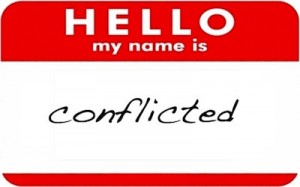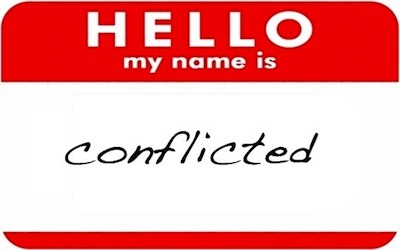
The Pew survey highlights the difference between practicing and non-practicing Catholics. It also taps the extent to which Catholics appear to be conflicted on moral issues.
On questions regarding birth control, married priests, women priests, and same-sex marriages, the average approval difference between practicing and non-practicing Catholics is 23 percent. That is an enormous difference. It suggests that non-practicing Catholics have more in common with non-Catholics on these issues than they do with those who attend Mass weekly.
The survey did not distinguish between practicing and non-practicing Catholics on the following: Catholics were asked to assess Pope Francis on his “Standing for traditional moral values.” He received his highest rating on this issue (tied with “Spreading Catholic faith”): 81 percent. It can be surmised that this figure would be even higher among practicing Catholics, but that is not why this matters.
How can Catholics say they are okay with birth control, married priests, and women priests (only a third of practicing Catholics say the Church should recognize gay marriages), yet say Pope Francis is doing an excellent/good job in “Standing for traditional moral values”?
Equality, which is a key value of the American Creed, tugs Catholics to give their blessings to married priests and women priests (birth control wins approval for lots of other reasons). But almost none are demanding changes. On the other hand, Catholics respect adherence to traditional moral values. This is a reflection of the uneasiness many of them have with the prevailing winds of moral relativism, and the pride they have in the Catholic Church as a reliable moral anchor.
The strong support for traditional values suggests a continuity in Catholic thought that is typically underplayed, if not totally ignored, by the media.







